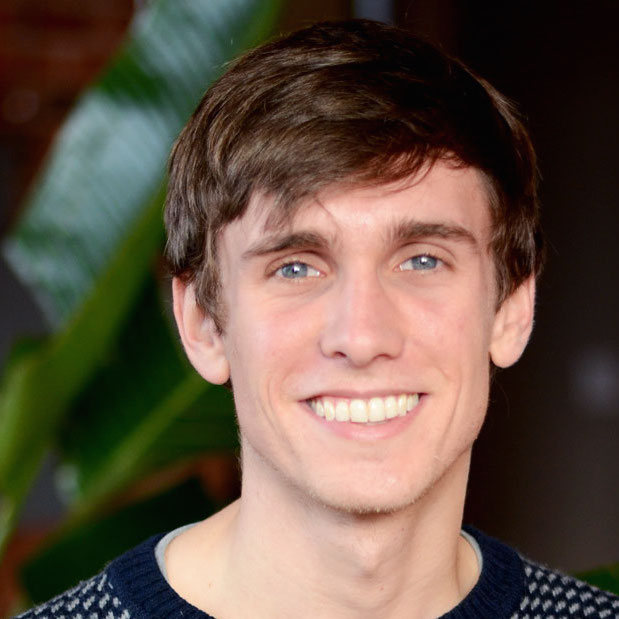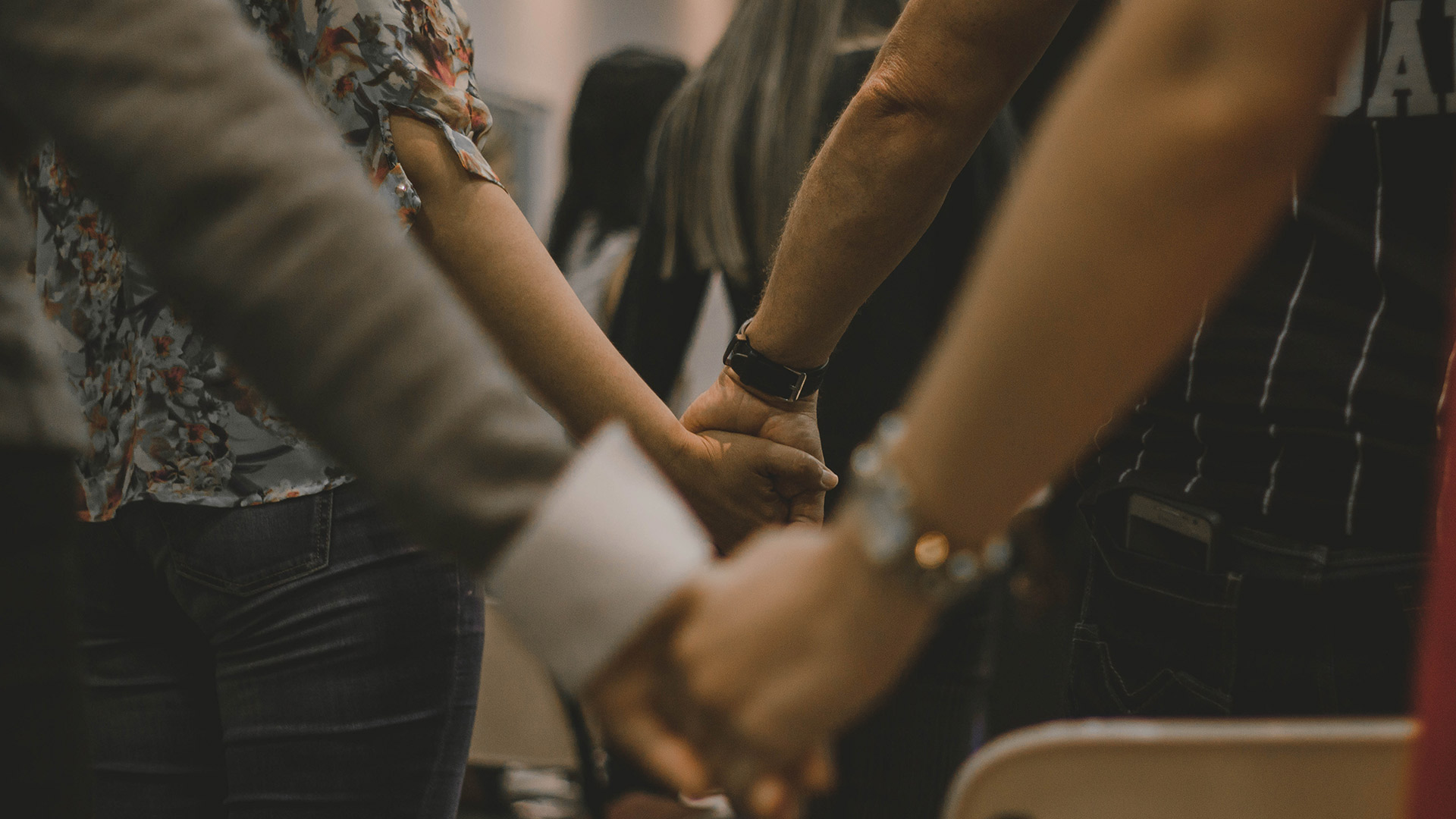It is all too easy for theological debate to turn entirely theoretical, divorced from real humans with real stories. As Christians around the world continue processing and discussing the United Methodist Church’s General Conference on Human Sexuality, Elliot Huemann, MA in Counseling Psychology student and Development Assistant, shares this vulnerable and urgent request: Don’t forget the people who live within the “issue.” May we listen to the pain and their stories being expressed before we return to the familiar place of theoretical debate.
This post is part of our conversation about the Church’s relationship to sexuality and sexual orientation. You can also read Kate Davis’s hope-filled reminder that the body of Christ, though wounded, is not yet broken; Jennifer Fernandez’s essay about the dangers of conflating Church with Christianity; and Dr. Derek McNeil’s reflection about global complexity and the pitfalls of ethnocentric theology.
Scrolling through my Facebook feed in the wake of the UMC special session felt like a 21st century experience of attending a public mourning. As a gay Christian man, with many friends who identify both as followers of Christ and members of the LGBTQ+ community, my feed echoed voices of lament. These voices represented numerous denominations, experiences, and political views, but shared a felt sense of a very familiar pain.
One post stood out to me in particular. In an incredibly honest, understated way it mentioned how unnerving it is to have one of the most personal parts of your life turned into a motion to be voted on by people who don’t know you at all. Something about the straightforwardness of this statement struck me.
In the days since, I have watched voices on every side of the spectrum abandon dialogue and return to the place they feel most safe. For some this is a highly politicized place with high stone walls, and for others it is a place of abstract theology and equally high walls. I understand this response, and I want to leave people the space they need to find safety in the way that makes sense for them.
“I have watched voices on every side of spectrum abandon dialogue and return to the place they feel most safe.”
For me though, with three years of a graduate education built on the belief in a God who chooses to be present in my story and with me in my pain, I feel a need to simply remain—to ask that regardless of where we find ourselves, we extend witness to the pain of the communities personally impacted in recent weeks.
I’m tired. I’m sad. I’ve carried unspoken weight for my whole life, stayed awake into many sleepless nights, prayed even when I didn’t know what to say. I’ve wrestled with scripture, my community, and my own heart. I’ve felt the intense tension caused in pitting my emotional and psychological health against the question of what I needed to do to be loved by God. At every turn, I’ve felt the shift in the conversation, the point at which the person looking in my face is no longer seeing me, no longer hearing my story, but instead has lifted away to the far less human place of debating ideas.
We all have a story. We all have pain and trauma, and we know the loss of Holy Saturday. In this way we are more similar than we are different. As you think about the LGBTQ+ people in your life, please start from this place with them. Please create space for their stories and their pain, even as I pray that space has been created for you here at The Seattle School and The Allender Center. For the moment, please come be with me. Listen to me. Bring your pain, and hold me in mine. If the Body of Christ means anything, it must mean that I need you now, and that you will continue to need me.
In the hope of fostering faithful dialogue that understands narrative, wrestles with intersections, resists reactivity, and fosters radical hospitality, we seek to feature work from a wide range of backgrounds and perspectives. Therefore the opinions expressed on the Intersections blog are those of the authors and do not purport to reflect an official statement regarding the views or opinions of The Seattle School. You can read more on the Intersections landing page.


